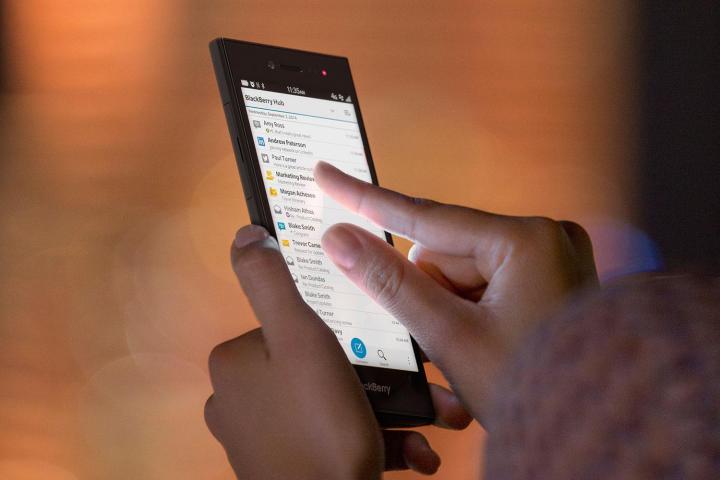
According to the lawsuit, BlackBerry alleges that Avaya violated eight of its U.S. patents, which include everything from call routing methods to tracking the location of mobile devices, with several of its products. As such, BlackBerry wants to put an end to Avaya’s “unlawful conduct” by asking to be reimbursed for damages.
“Throughout its history, BlackBerry has demonstrated a commitment to innovation, including through its investments in research and development, which have totaled more than $5.5 billion over the past five years,” the lawsuit reads. “BlackBerry has protected the technical innovations resulting from these investments, including through seeking patent protection … BlackBerry owns rights to an array of patented technologies in the United States.”
Avaya apparently knew about BlackBerry accusing it of patent infringement before the lawsuit, seeing how the latter sent the former a letter in December. However, it is unknown whether the lawsuit was filed either because Avaya did not respond to the letter or BlackBerry was not satisfied with Avaya’s response.
The patent lawsuit might not light the world on fire, but it represents a significant inflection point for BlackBerry as the company pivots to patent monetization. Back in September, BlackBerry CEO John Chen noted that making money off of the company’s 44,000 patents “is an important aspect of our turnaround.” Furthermore, BlackBerry’s patent portfolio is estimated to be worth between $2 billion and $3 billion, though that amount has likely dropped. Regardless, BlackBerry’s patents might be worth as much as the company itself is, something to remember as it tries to stay afloat.


